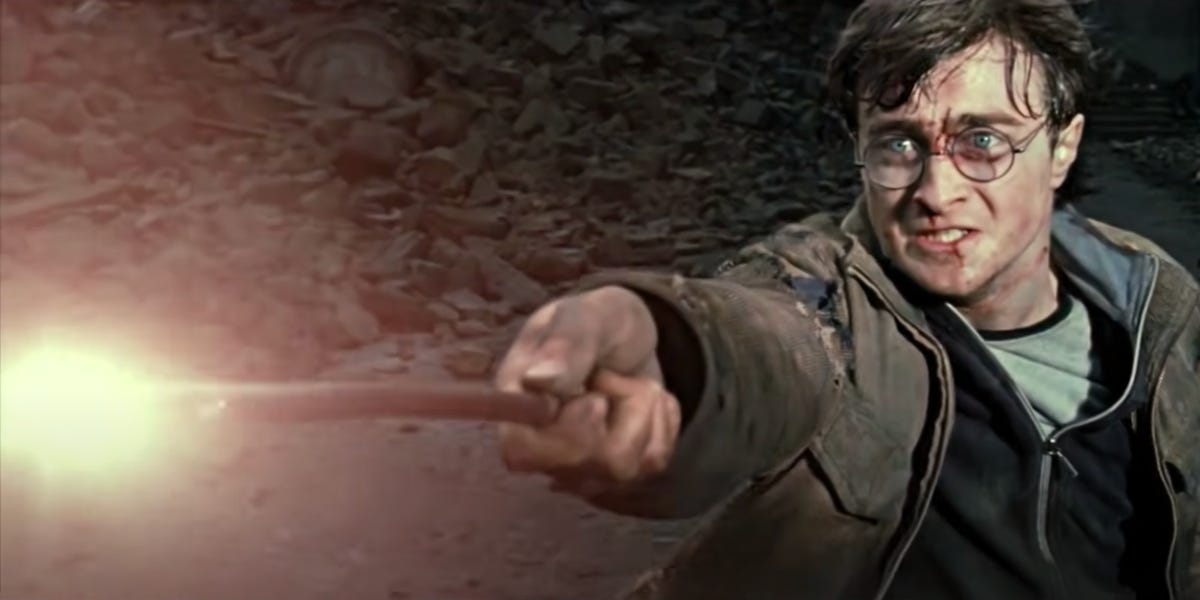OpenAI now tries to hide that ChatGPT was trained on copyrighted books, including J.K. Rowling’s Harry Potter series::A new research paper laid out ways in which AI developers should try and avoid showing LLMs have been trained on copyrighted material.



There is a difference between “analyzing” and derivating. The authorship of AI-created works is also not the user’s, it takes more than a prompt for that, and that seems to be the conclusion courts are leaning towards.
Still, even if that turns out to be technically correct, it still doesn’t help the creators getting undercut who might be driven out of their careers by AI.
It was just ruled AI can’t be authors or hold copyright. AI itself can’t be authors or hold a copyright, but humans using them can still be copyright holders of any qualifying works.
They do specify that the human’s involvement needs to be more extensive than prompting for a certain image or text. The output itself is not copyrightable. If we are speaking about the process of “analysis” that the ML model does, then the user does not get the rights over it.
This discussion is becoming increasingly overly specific and getting away from my point. My sole concern in all this is what happens to the artists who’ll have to compete with AI?
It says :
And you do get rights to your own original analysis of data. That isn’t even in question.
I guess all I have to say here is that generative models are a free and open source tool anyone can use. It took us 100,000 years to get from cave drawings to Leonard Da Vinci. This is just another step, like Camera Obscura.